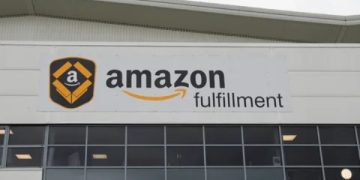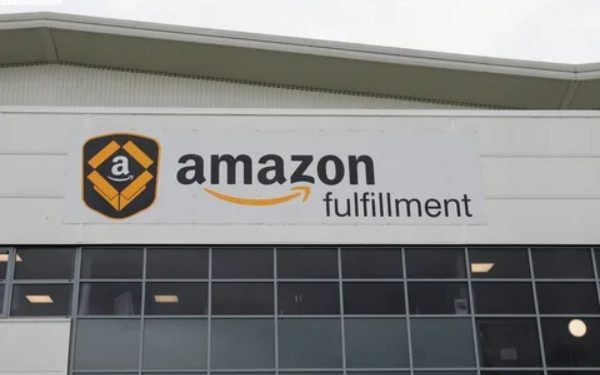Introduction:
Fulfillment by Amazon (FBA) is a service offered by Amazon that allows sellers to store their products in Amazon’s fulfillment centers. Amazon then handles the products’ picking, packing, and shipping to customers. FBA offers many advantages, but it also has its disadvantages. This article will explore both the pros and cons of FBA.
What is Fulfillment by Amazon?
Fulfillment by Amazon (FBA) is a service offered by Amazon that allows sellers to store their products in Amazon’s fulfillment centers. Amazon then handles the products’ picking, packing, and shipping to customers. FBA is an optional service that sellers can use to help grow their business.
Pros of Fulfillment by Amazon:
- Prime eligibility: By using FBA, sellers can offer Prime shipping to customers. Prime is a popular program that offers free, two-day shipping to customers who subscribe to it. Sellers can attract more customers and increase their sales by offering Prime shipping.
- Increased sales: FBA makes it easier for customers to purchase products from a seller. Customers are more likely to purchase products eligible for Prime shipping and fulfilled by Amazon. This can result in increased sales for sellers.
- Multi-channel fulfillment: FBA allows sellers to fulfill orders from other sales channels, such as websites or marketplaces. This can help sellers expand their reach and sell more products.
- Simplified fulfillment process: FBA takes care of the picking, packing, and shipping of products. This can save sellers time and money by reducing the need for warehousing and logistics.
- Customer service: Amazon handles all customer service inquiries for products fulfilled by Amazon. This can save sellers time and resources by reducing the need for customer service staff.
Cons of Fulfillment by Amazon:
- Fees: FBA fees can add up quickly, especially for sellers with a large inventory. Sellers are charged storage, picking, packing, and shipping fees. These fees can eat into a seller’s profit margin.
- Loss of control: When using FBA, sellers rely on Amazon to handle their products. This means that sellers have less control over the shipping and handling of their products.
- Competition: Amazon also sells products, and sellers who use FBA may be competing with Amazon’s own products. This can make it more difficult for sellers to sell their products.
- Inventory management: FBA requires sellers to send their products to Amazon’s fulfillment centers. This means sellers must manage their inventory and ensure enough stock to meet customer demand.
- Returns: Amazon handles all returns for products that are fulfilled by Amazon. This can be a hassle for sellers, as they may need help inspecting the products before they are returned.
Conclusion:
Fulfillment by Amazon offers many benefits, such as Prime eligibility, increased sales, and simplified fulfillment. However, it also has drawbacks, such as fees, loss of control, and competition. It is essential for sellers to carefully consider the pros and cons of FBA before deciding to use it.

























